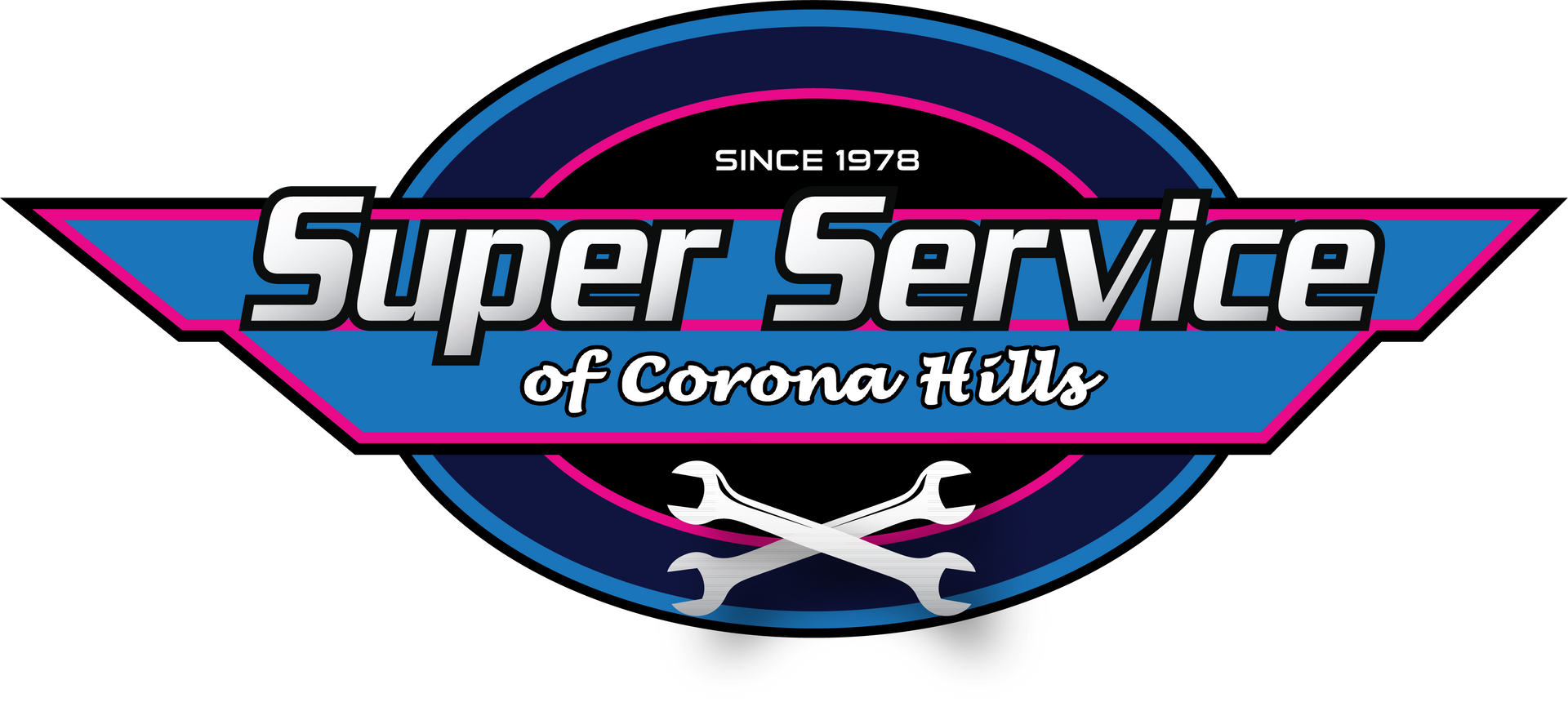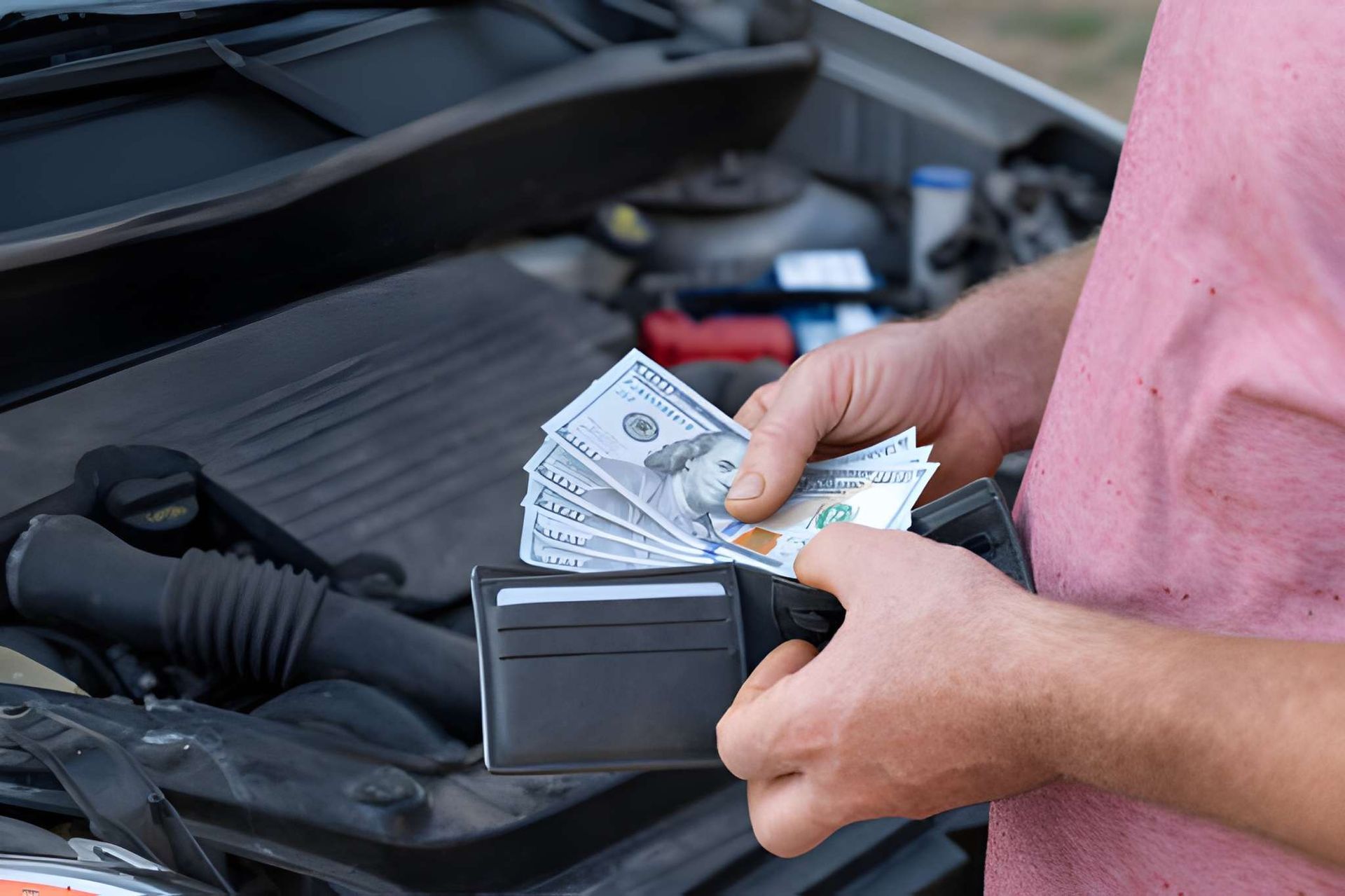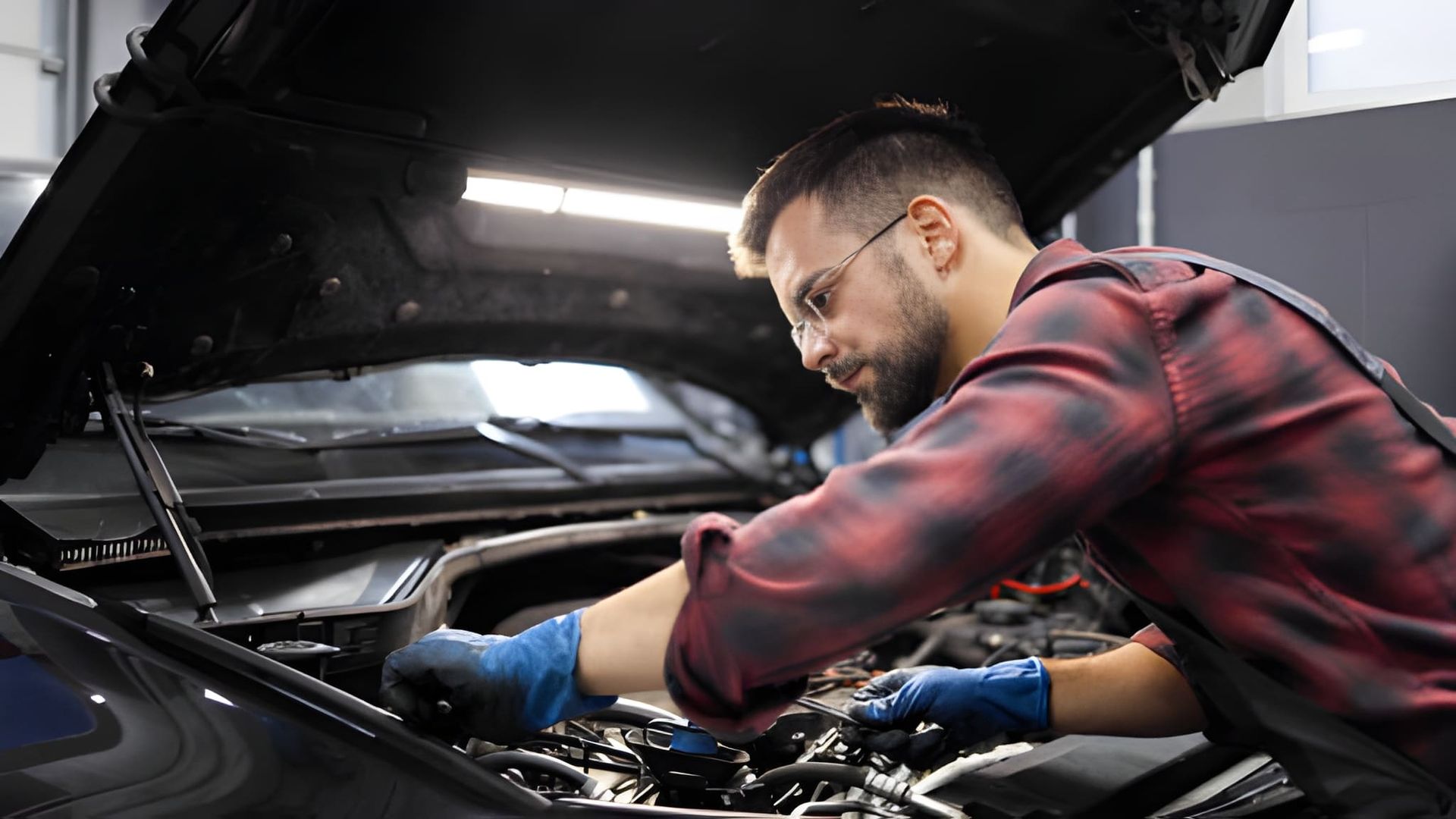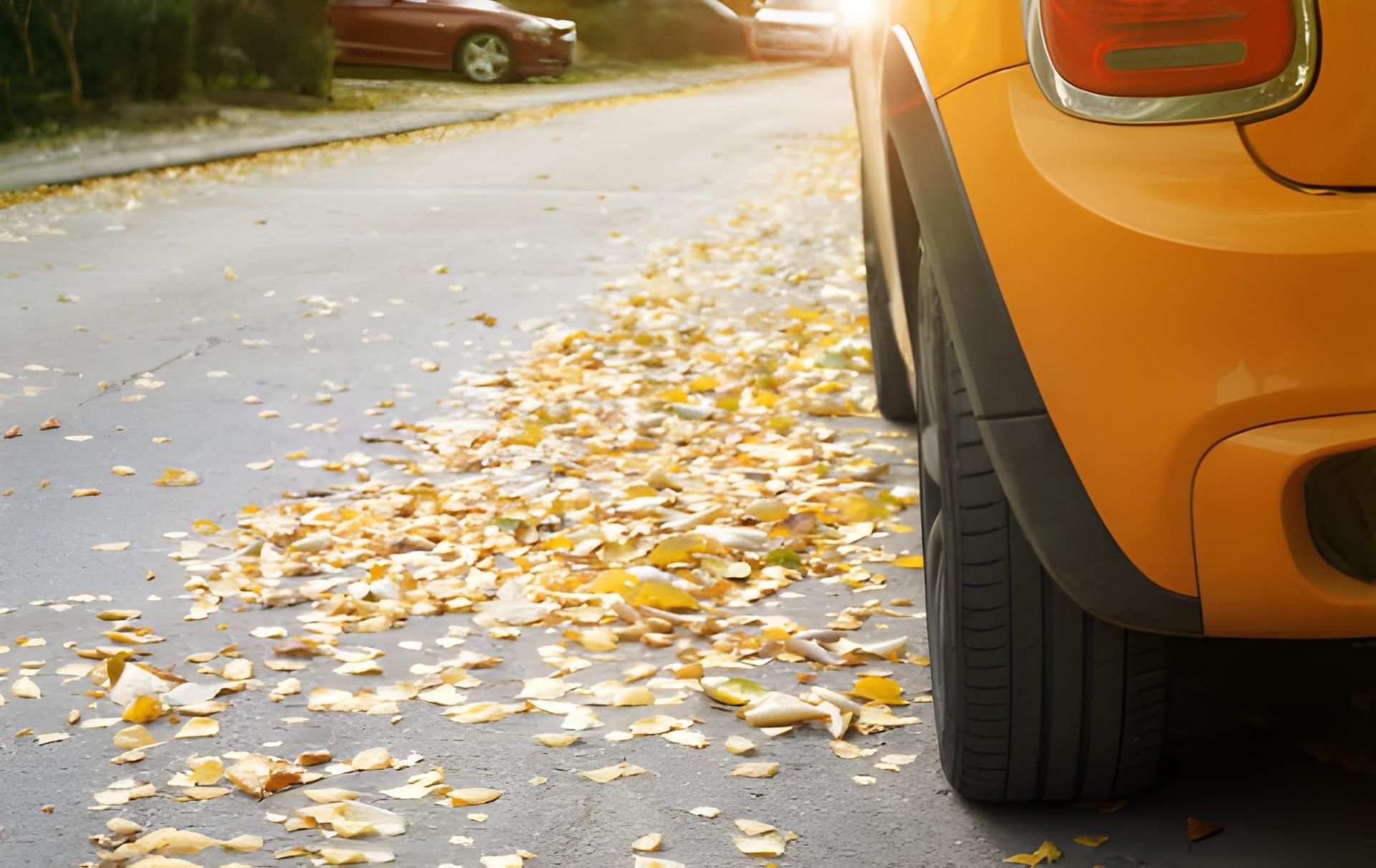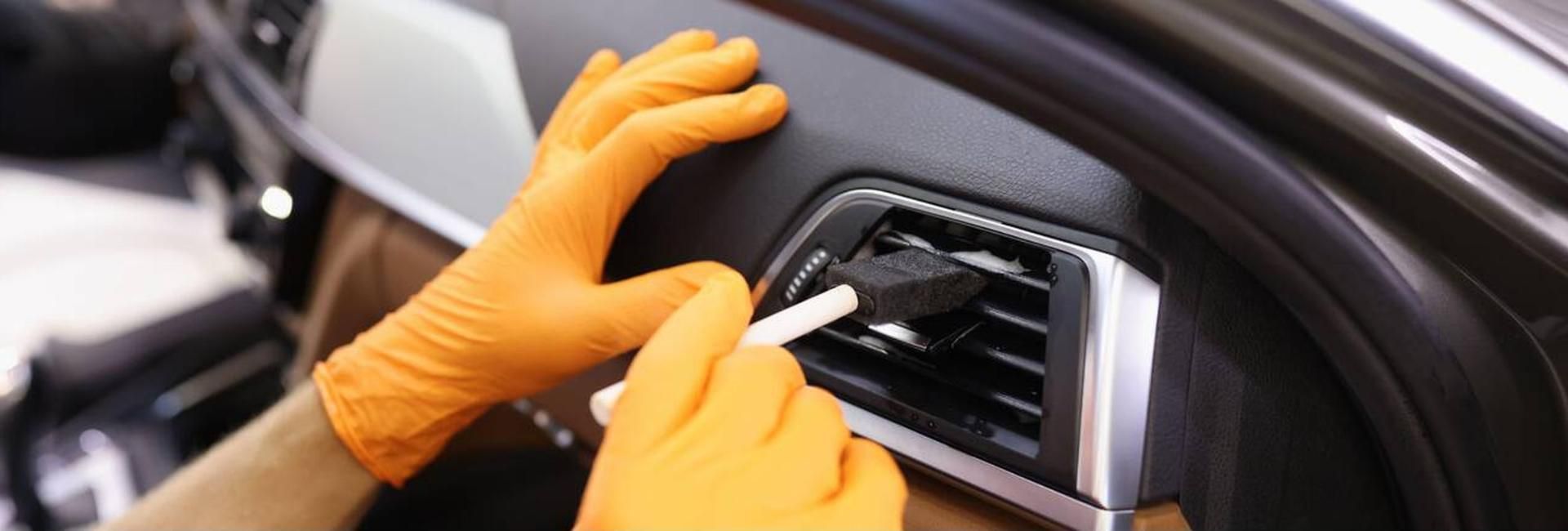The Basics of Tire Health
At Super Service of Corona Hills, we understand that maintaining the health of your tires is crucial for a safe driving experience. Located in the heart of Corona Hills, CA, our team is dedicated to providing you with the latest insights and reliable services in tire repair. Tires are more than just components of your vehicle; they are your direct connection to the road. That's why we place great emphasis on regular tire maintenance and timely repairs.
Common Tire Issues We Encounter
Over time, tires can face a variety of issues that affect their performance and safety. Here are some common problems that our expert technicians at Super Service of Corona Hills often tackle:
Punctures: Sharp objects like nails and glass can cause small holes, leading to air leaks.
Bulging and Blistering: Weak spots caused by underlying damage can lead to outer surface issues.
Tread Wear: Uneven or excessive wear diminishes traction and affects safety.
Identifying and addressing these issues early can prevent costly repairs and ensure your safety on the roads of Corona Hills.
Our Approach to Tire Repair
At Super Service of Corona Hills, our approach to tire repair is methodical and thorough. We begin with a detailed inspection to assess any visible and hidden damages. Our technicians are trained to use cutting-edge technology, ensuring that we address even the smallest of issues with precision.
When it comes to puncture repairs, we implement industry-approved methods that restore tires to their optimal condition. Our goal is to extend the lifespan of your tires while ensuring maximum safety. Be it patching, plugging, or a combination of both, we employ techniques that best suit the situation.
The Importance of Regular Tire Inspections
We cannot stress enough the importance of regular tire inspections. At Super Service of Corona Hills, we recommend a routine check-up every 5,000 miles or after driving through particularly rough terrains. Regular inspections help in detecting potential problems before they escalate into bigger issues. By keeping an eye on your tires’ condition, you also enhance fuel efficiency and improve vehicle performance, particularly on the tracks of Corona Hills.
DIY Tips for Tire Maintenance
While we are always happy to assist at Super Service of Corona Hills, there are several maintenance tips you can follow on your own to prolong the life and performance of your tires:
Check Tire Pressure: Regularly check and maintain tire pressure to avoid uneven wear and improve gas mileage.
Rotate Tires: Tire rotation every 6,000 to 8,000 miles helps promote even tread wear.
Wheel Alignment: Regular alignment ensures tires wear evenly and safely.
Following these tips will provide you with peace of mind and take you safely wherever you need to go around Corona Hills.
Why Choose Super Service of Corona Hills?
Choosing a reliable tire repair service is crucial, and Super Service of Corona Hills offers unmatched expertise and customer care. Our skilled technicians are passionate about what they do and are committed to providing you with the best tire care solutions. Plus, our strategic location in Corona Hills, CA, makes us readily accessible whenever you need us. When you choose us, you’re choosing quality, reliability, and a service that prioritizes your safety.
Your Next Step
Ensuring the health of your tires is a responsibility that shouldn't be taken lightly. At Super Service of Corona Hills, we are here to support and guide you through all your tire-related needs. Whether you’re dealing with a tricky puncture or your treads are looking a bit thin, don't wait. Drive over to our shop in Corona Hills, and experience peace of mind with our professional tire repair services. Your safety is our priority. Visit us today and let us keep your journey smooth and safe.
